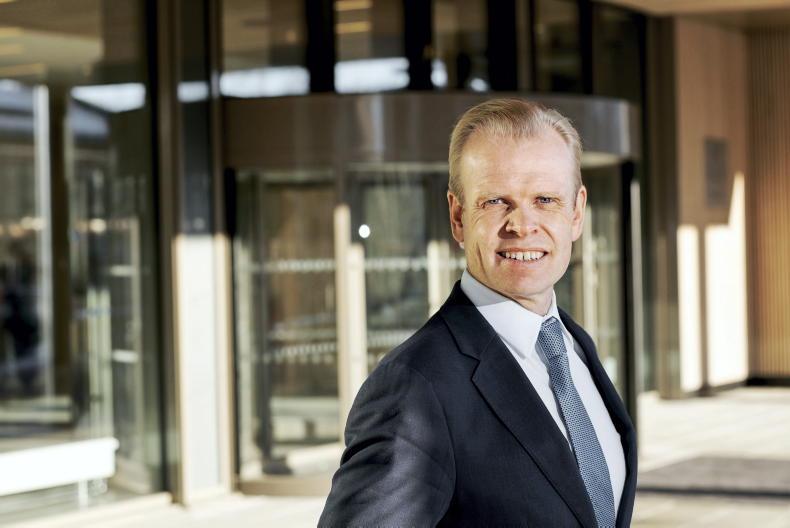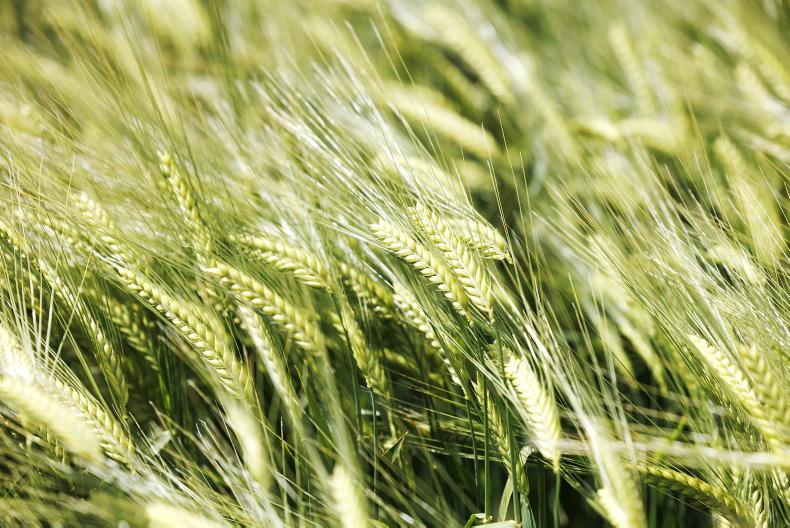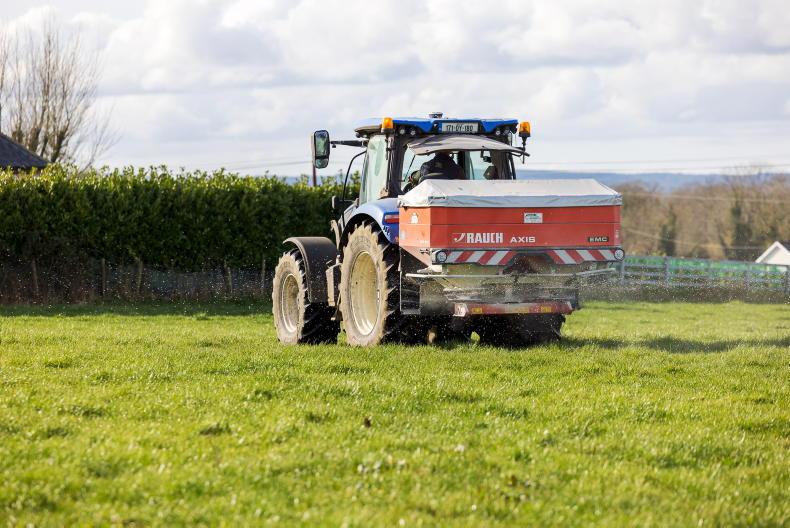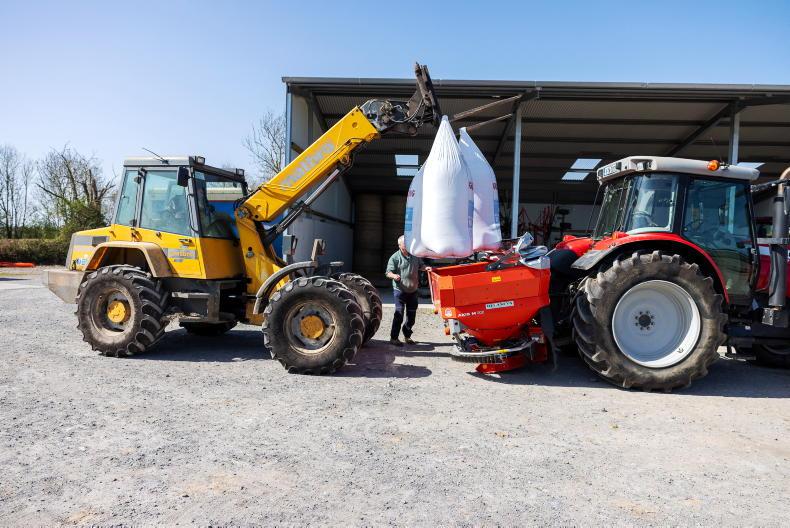Yara International's president and CEO has called on the global community to decrease its dependency on Russia for food and fertiliser.
Svein Tore Holsether said the deepening conflict in Ukraine risked causing famine in the world’s poorest regions because of Europe’s reliance on Russian supplies of natural gas and essential fertilisers.
His comments followed confirmation that Yara’s offices in Kiev had been hit by a missile. No employees of the company were harmed in the missile strike.
Holsether conceded that the recent hike in food and fertiliser prices as a result of the Ukrainian conflict might “positively impact Yara’s bottom line in the short term”.
However, he warned that war in the Black Sea region would increase the incidence of global hunger and famine while promoting international instability and conflict.
Crucial to work together
“It is therefore crucial that the international community come together and work to secure world food production and reduce dependency on Russia, even though the number of alternatives today is limited,” Holsether said.
While accepting that Russia supplies 25% of Europe’s nitrogen, potash and phosphate imports and 40% of its natural gas, Holsether maintained that the international community had to identify alternate sources.
“This constitutes a difficult dilemma between continuing sourcing from Russia on a short-term basis or cut off Russia from the international food chains.
"The last option may have considerable social consequences. These considerations are not to be taken by individual companies, but need to be made by national and international authorities,” he said.
Out of balance
Pointing out that Russia and Ukraine were world powers in the “fragile food system”, Holsether warned that a combination of disrupted crop sowings in Ukraine and trading difficulties with Russia could seriously hit agricultural output globally.
“With the geopolitical conditions out of balance, the biggest sources of raw material to Europe’s food production are being subject to limitations, and there are no short-term alternatives. One potential consequence is that only the most privileged part of the world population gets access to enough food,” the Yara boss said.
“The urgency now lies in helping Ukraine and the Ukrainian people. At the same time, we are pleading with the Norwegian and international governments to get together and protect global food production and work together to decrease dependency on Russia,” Holsether insisted.









SHARING OPTIONS